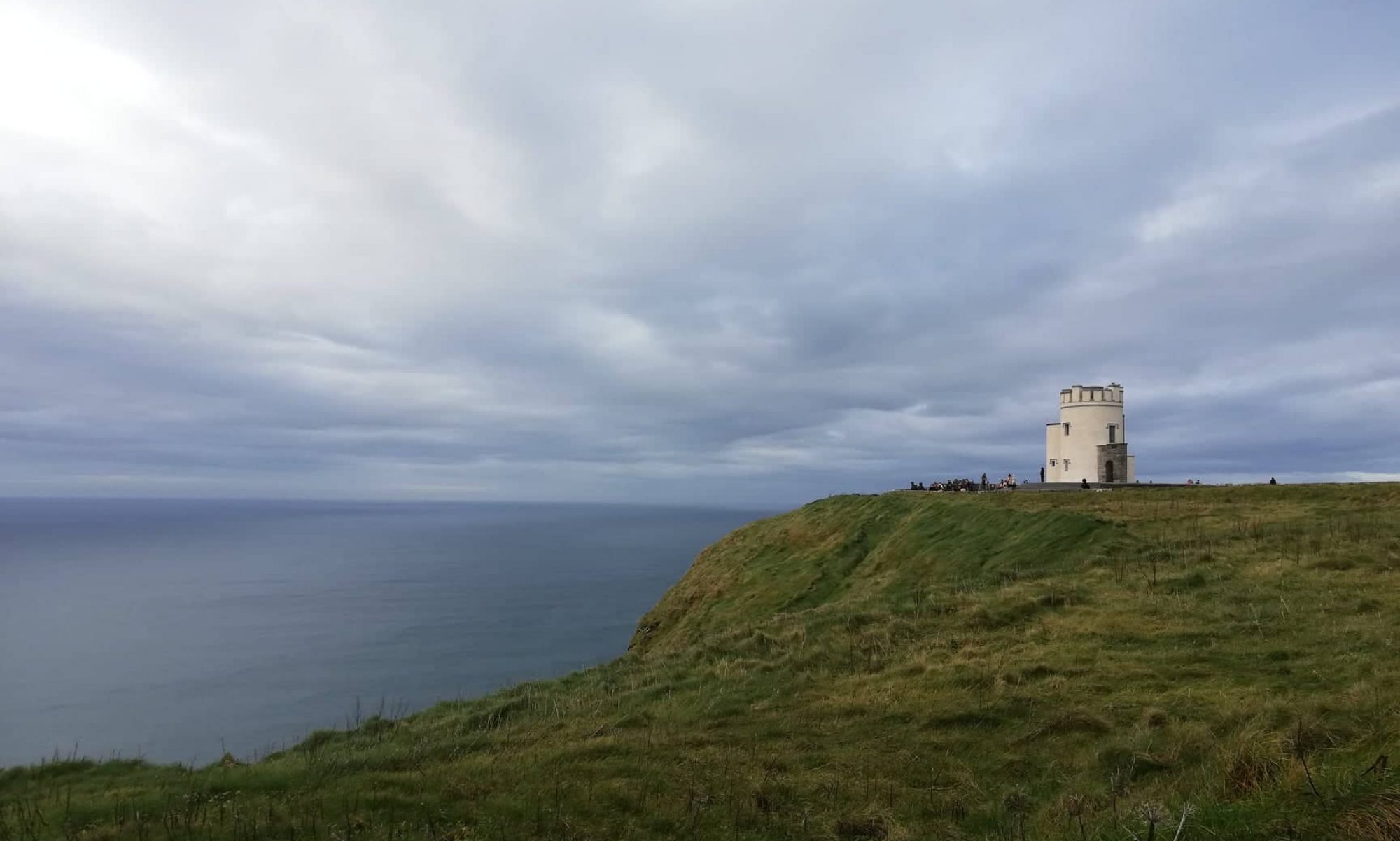The focus of Unit 3 was to complete all data acquisition for, and draft our formal report. While this was made easy due to the amount of revisions and research that had been done for the proposal, it was also a challenge due to multiple reasons, namely: time constraints, data acquisitions and scope of the report.
In terms of time constrains, my main problem was receiving answers from the business owners of the University Village Food Court (UVFC). Living in a different country, I had definitely underestimated how easy it would be to gain information about a site back in Vancouver. I had written a letter to the owners and had asked one of my friends to deliver it to each restaurant of the UVFC, looking for feedback on suggestions for recycling programs and problems they would foresee. However, I did not receive any responses to these queries, and as it was coming to the deadline of the report, I was forced to improvise for other ways to present that information. My friend had reported back that many owners seemed reluctant to take the letter due to: not having time, language barriers, or lack of care towards the problem. These are the aspects I ended up including in my report and making suggestions for.
Furthermore, with a lack of hard data for the business perspective, I struggled with interpreting what I did have. I caught myself many times making assumptions, rather than looking at the evidence I had and providing solutions to that specific problem. Additionally, with no data to limit my suggestions, the scope becomes hard to define. I had to ask myself which parts were my responsibility to cover in my report, and what could be left to others. For example, as soon as I brought up small business loans in my paper, I had further questions such as: Who would provide such loans? Where would the funding come from? How much funding is necessary? I struggled with understanding when such a tangent would become irrelevant to my initial problem (that the UVFC must switch to more sustainable containers).
Although the draft was submitted, I am still not fully satisfied with some aspects of my report, including:
- the amount of data on a business perspective (perhaps I could look into reports of other small business owners changing to become more sustainable)
- the mentioning of mugshares (need to analyze if this aspect is entirely relevant)
- limited information on Green2Go (need to research more on the implementation)
- proper citations
With these thoughts in mind, and with some great suggestions made through a peer review, I am confident that this research paper can really assist in making a more sustainable UVFC.
In terms of peer reviewing Brian Wang’s report draft, it was great to see a report on something he is heavily involved in. By reviewing the water consumption at the UBC Farm, he was able to obtain a good amount of data, and provide solutions to quite a complex problem. It seemed that he had asked all the relevant questions in his interview to help him come up with a solution, and his report was very straightforward. This was useful to peer review as it allowed me to see how he presented his data in an uncomplicated way, and spoke in a positive tone about how changes could be implemented. In turn, Brian’s peer review for myself will be useful in finalizing my paper. Specifically, elaboration on reducing UVFC waste will be necessary for a complete and fully-encompassing report. His notes on grammar and sentence structure will be practical to review my style and tone.
Overall, I feel like I have improved my critical thinking skills from the first proposal draft. It is nice to see that I can identify loose ends and aspects of improvement for myself, and this draft has been eye-opening from a data interpretation standpoint. This first report draft has taught me the importance in time management when writing reports, and interpreting data reliably instead of assuming solutions. With this in mind, I look forward to making final edits on this report, and making it suitable for an actual audience.
